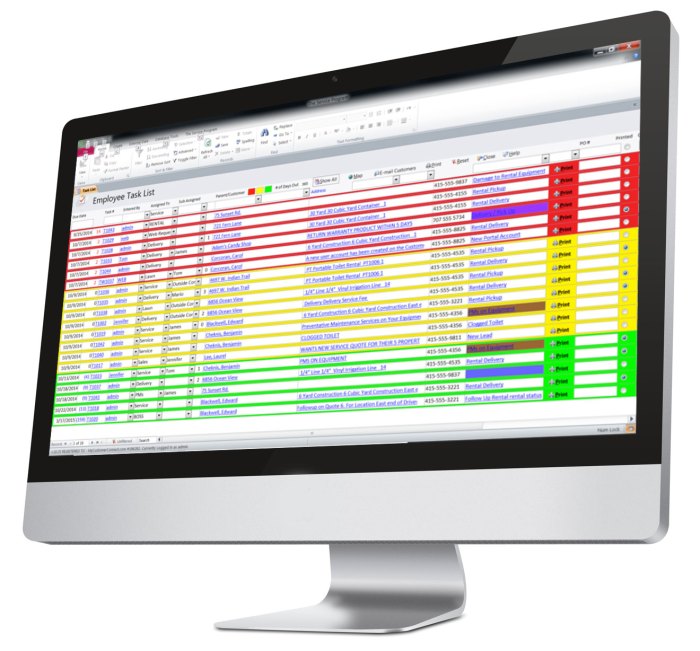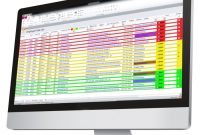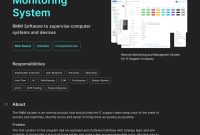Business software apps for small businesses are no longer a luxury; they’re a necessity. In today’s fast-paced digital world, the right software can be the difference between thriving and merely surviving. From streamlining operations to boosting customer satisfaction, the potential benefits are huge. But with a dizzying array of options available, choosing the right tools can feel overwhelming. This guide navigates the complexities, offering insights into selecting, implementing, and maximizing the ROI of business software tailored for small enterprises.
We’ll delve into various software categories, explore cloud vs. on-premise solutions, and provide practical advice on integrating different apps for a seamless workflow. We’ll also address crucial aspects like data security and future trends, equipping you with the knowledge to make informed decisions and propel your small business to new heights. Get ready to unlock the power of software and transform your business!
Array
The digital landscape is constantly evolving, and small businesses need to stay ahead of the curve to remain competitive. This means understanding and adopting the latest trends in business software, which are rapidly transforming how companies operate, manage resources, and interact with customers. The future of business software is characterized by increased automation, intelligent insights, and seamless integration across various platforms.
The Rise of AI in Small Business Software
Artificial intelligence is no longer a futuristic concept; it’s a practical tool reshaping business software for small businesses. AI-powered solutions offer a range of benefits, from automating repetitive tasks like scheduling and invoicing to providing insightful data analysis for better decision-making. For example, AI-driven chatbots can handle customer inquiries 24/7, freeing up human employees to focus on more complex issues.
Predictive analytics powered by AI can forecast sales trends, helping businesses optimize inventory and resource allocation. This level of automation and insight is particularly valuable for small businesses with limited resources, enabling them to operate more efficiently and effectively. Imagine a small bakery using AI to predict daily bread demand based on weather patterns and social media trends, minimizing waste and maximizing profits.
Automation’s Impact on Business Processes, Business software apps for small businesses
Automation, often powered by AI, is revolutionizing business processes for small businesses. Software solutions designed for automation streamline workflows, reduce manual errors, and increase productivity. This can range from automating email marketing campaigns to integrating accounting software with inventory management systems. For instance, a small clothing boutique could automate order fulfillment, reducing shipping errors and speeding up delivery times.
This increased efficiency translates directly to improved customer satisfaction and reduced operational costs. The key is choosing automation tools that integrate seamlessly with existing systems to avoid creating new complexities. Businesses can assess their most time-consuming and error-prone processes to identify areas ripe for automation.
Ultimately, the success of your small business hinges on leveraging technology effectively. By carefully selecting and implementing the right business software apps, you can streamline processes, improve efficiency, enhance customer relationships, and gain a significant competitive edge. Remember, it’s not just about the software itself; it’s about understanding your needs, choosing the right tools, and integrating them seamlessly into your operations.
Embrace the power of technology, and watch your small business flourish.
Answers to Common Questions: Business Software Apps For Small Businesses
What’s the average cost of business software for small businesses?
Costs vary wildly depending on the software, features, and subscription model (monthly, annual). Expect to pay anywhere from a few dollars a month for basic tools to hundreds for comprehensive suites. Free options exist, but often lack advanced features.
How long does it typically take to implement new business software?
Implementation time depends on the complexity of the software and the size of your business. Simple apps might take a few days, while complex integrations could take weeks or even months.
What are the key indicators of a successful software implementation?
Key indicators include improved efficiency, increased productivity, better data analysis, enhanced customer satisfaction, and a positive return on investment (ROI). Regular monitoring and feedback are crucial.
What happens if my chosen software provider goes out of business?
This is a serious risk. Before committing, research the provider’s stability and reputation. Consider data portability options and ensure you can easily transfer your data to a new platform if needed.
How can I ensure my business data is secure in the cloud?
Choose reputable cloud providers with strong security certifications (e.g., ISO 27001). Implement strong passwords, two-factor authentication, and regularly back up your data. Understand your provider’s data security policies.


